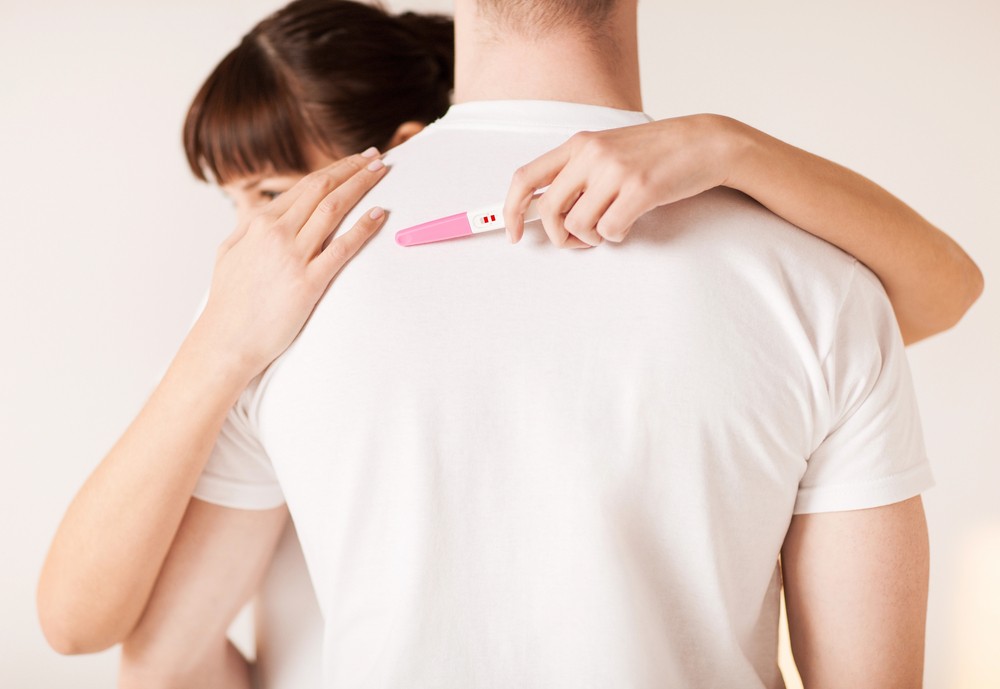Testosterone is crucial for spermatogenesis (sperm production), influencing processes such as meiosis (cell division) and the release of mature sperm. Interestingly, testosterone levels are between 25 and 125 times higher in the testes than in the blood. This means that even if blood testosterone levels are low, there is generally still sufficient testosterone in the testes for sperm production.
Although testosterone is a vital hormone for male fertility, increasing your testosterone levels does not necessarily lead to enhanced fertility. In fact, the opposite may occur. Administering external (exogenous) testosterone can disrupt hormonal balance and actually stop sperm production—a critical point to consider for those exploring testosterone replacement therapy (TRT).
Hypothalamic-Pituitary-Gonadal Axis and Testosterone
Various parts of your body collaborate to maintain normal functioning of your reproductive system, known as the hypothalamic-pituitary-gonadal axis.
The hypothalamus, a region in your brain, releases gonadotropin-releasing hormone (GnRH). This hormone prompts the pituitary gland to release follicle-stimulating hormone (FSH) and luteinizing hormone (LH). These hormones influence the testicles: FSH is crucial for the maturation and function of Sertoli cells, essential for sperm production, while LH is necessary for the testes to produce testosterone.
The testosterone produced by the testicles then completes a “feedback loop” to the brain, regulating the production of GnRH, FSH, and LH. This mechanism is part of many hormone cascades in the human body.
Alterations in this system can impact other parts. For instance, increasing your blood testosterone levels through external sources leads your hypothalamus and pituitary glands to halt the production of hormones critical for sperm production. Studies indicate that testosterone replacement therapy significantly reduces FSH and LH levels to less than half their normal levels in men.
Sperm Production and TRT
Taking external testosterone impacts fertility because it lowers follicle-stimulating hormone and luteinizing hormone, which are vital for sperm production. Testosterone booster supplements can exacerbate this effect, further diminishing fertility. It has even been explored as a potential male contraceptive, with studies showing that it can lead to azoospermia (the absence of sperm in semen) within four months in 65% of men who previously had normal sperm counts.
While testosterone replacement therapy can enhance sexual function, it also diminishes fertility, creating a challenging decision for those experiencing symptoms of hypogonadism who wish to have children. If you are trying to conceive, it is advised not to use TRT or to discontinue its use. Additionally, consider the option of sperm freezing before starting TRT.
Men Can Use hCG to Maintain Fertility While on TRT
Human chorionic gonadotropin (hCG) is administered through injections, with a half-life of about 2 days. The protocol for hCG injections can vary based on individual needs, but typically involves 2 to 3 injections per week. Doctors often start with low doses of hCG, such as 125, 250, or 500 IU, and adjust the dose depending on how the body responds.
hCG injections can be given subcutaneously or intramuscularly. The preferred sites for subcutaneous injections include:
- Upper outer arm
- Upper outer buttock
For intramuscular injections, the recommended sites are:
- Front of thighs
- Lower abdomen
- Side of upper arms
These injection sites help optimize the absorption and effectiveness of the treatment.
Are TRT Effects on Male Fertility Reversible?
The high doses of testosterone found in anabolic steroids have been shown to permanently stop sperm and testosterone production in the testes. However, testosterone replacement therapy usually involves much lower doses and is less likely to have a permanent impact on fertility. Studies indicate that sperm production generally returns within one year after men discontinue testosterone use; for some, recovery may take up to two years.
Nevertheless, the return of sperm counts is not guaranteed, especially for older individuals or those who have been on TRT for an extended period. Additionally, a waiting period of one to two years to conceive might be longer than some individuals are willing to delay.
TRT Side Effects on Fertility
Using hCG, often called the “pregnancy hormone” due to its production during pregnancy, may mitigate TRT’s impact on fertility. hCG mimics luteinizing hormone in the body, encouraging the testes to continue producing their own testosterone.
Incorporating hCG with TRT could help counterbalance the effects of external testosterone on sperm production. Research suggests that hCG use alongside TRT maintains normal intratesticular testosterone levels, although further studies are needed to evaluate its effect on sperm production. Another study found that hCG appears to maintain semen quality and potentially fertility during TRT.
Additionally, hCG may facilitate faster recovery of sperm counts after discontinuing TRT. One study reported that administering 3,000 units of hCG every other day post-TRT led to improved sperm counts in 95.9% of participants within an average of 4.6 months—quicker than typically seen without hCG.
While hCG is often prescribed alongside TRT, it is important to note that it does not guarantee the preservation or recovery of sperm production.
Final Thoughts
While testosterone replacement therapy offers substantial benefits for those suffering from hypogonadism, it is crucial to consider how does TRT impact fertility. TRT has been shown to significantly reduce sperm production, posing a critical fertility dilemma for men wishing to father children. The use of hCG alongside TRT presents a promising approach to mitigate these effects. hCG helps maintain sperm production and can speed up the recovery of fertility after discontinuing TRT.
However, it is important to note that these methods do not guarantee the complete preservation or restoration of sperm production. Men considering TRT should carefully weigh its benefits against potential impacts on fertility and discuss all available options with their healthcare provider to make an informed decision that aligns with their personal and reproductive health goals.
